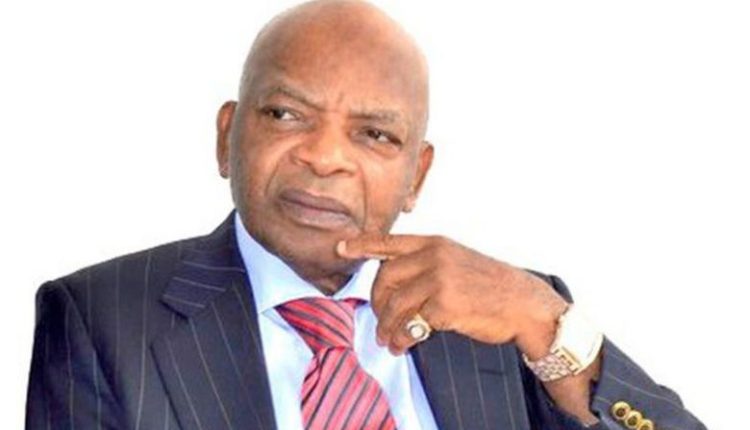|
Getting your Trinity Audio player ready...
|
By Sunny A. David, Awka
Liberia has signed a major oil exploration agreement with Atlas/Oranto Petroleum, a company owned by Nigerian billionaire Prince Arthur Eze.
The deal, which includes four Production Sharing Contracts (PSCs), is expected to inject up to $800 Million into Liberia’s oil and gas sector.
The contracts, signed in Paris and witnessed by President Joseph Nyuma Boakai, cover offshore blocks LB-15, LB-16, LB-22, and LB-24. Each block includes a $12 million signature bonus and a projected $200 million investment, positioning the agreement as one of the largest in Liberia’s energy history.
President Boakai emphasized that the contracts will be governed by strong legal, environmental, and regulatory frameworks. He assured citizens that transparency, accountability, and local participation would be key to ensuring national benefit.
Atlas/Oranto Petroleum, headquartered in Abuja, is Africa’s largest privately-held oil exploration group by acreage. The company operates in 11 African countries and is expanding into Latin America through its subsidiary, Veneoranto Petroleum, which is pursuing projects in Venezuela.
The Liberian government views this deal as a catalyst for economic growth and job creation, aligning with the president’s ARREST Agenda which prioritizes accountability, revenue, and sustainable development.
Local reaction has been positive. Businessman Geffrey Gatt hailed the agreement as a “turning point” for Liberia’s economy, while Monrovia resident Marcos Gayus expressed hope that the project would bring jobs to young people and empower communities.
Energy experts underscore the importance of not only generating revenue but also building local technical expertise in oil exploration and production. They encourage the government and investors to focus on training and long-term capacity building.
If fully realized, the project could solidify Liberia’s place on Africa’s oil map and deliver thousands of direct and indirect jobs, while enhancing the country’s energy infrastructure and GDP.



Comments are closed, but trackbacks and pingbacks are open.